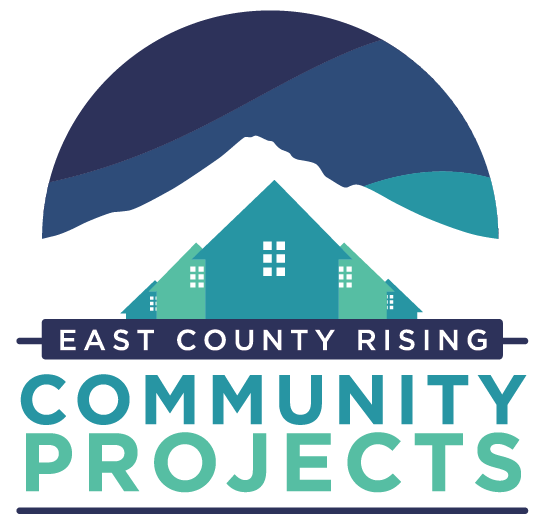Housing Stability & Dignity Campaign
The Problem
At the close of the pandemic and eviction moratorium, many of our friends, families, and neighbors will lack the financial stability to afford rent. The temporary protections, limited relief, year-long shutdowns, and stay-at-home mandates have resulted in the following:
- A stalled Oregon economy with mass business disruptions and closures.
- 7%-13% unemployment plundering tens of thousands of previously stable renters into financial ruin, left with thousands of dollars in back-rent-debt disproportionately impacting low-income communities of color.
- A growing rent debt burden for an estimated 89,000 Oregon households owning approximately $378 million as of February 2021.
- Home losses by homeowners in foreclosure .
- A high mass eviction risk for unemployed and underemployed renters after the eviction moratorium ends on June 30, 2021.
Distressed renters are asking, “How can we afford our full rent going forward, plus back- rent payments starting July 1, 2021 without stable, full time, living wage jobs?”
Renters with annual incomes of $40,000 or less are lamenting, “We don’t make enough to afford a 2nd rent payment and our basic expenses.”
Housing stabilization is critical for maintaining our community safety but Oregon’s relief and assistance efforts are grossly insufficient:
- Eviction moratoriums are not long enough, require inaccessible hurdles like hardship declarations, and do not address the back-owed rent that has been piling up for many people.
- The Landlord Compensation Fund, our state’s primary form of COVID-19 housing assistance:
• Scores based on landlord size and the percent of rent debt and prioritizes landlords and banks with the greatest amounts of lost profits NOT low-income tenants at high risk of eviction or homeowners at high risk of foreclosure;
• Is voluntary, allowing landlords to decide if they will seek compensation on behalf of their tenants or evict and replace them with higher income earners;
• Leaves tenants powerless because only landlords can apply;
• Only covers back rent, so tenants continue to fall behind on future obligations; Decisions are made about how to allocate rental assistance without meaningful representation from and without accountability to communities most affected by our eviction emergency, including renters experiencing housing insecurity; houseless community members; low-income residents; communities of color; immigrants and especially undocumented immigrants; unemployed and underemployed workers; single-parent households; seniors; and people with disabilities.
Our Work
There is no one size fits all solution to our housing emergency and we do not have all of the answers, but we all have a role to play in preventing an avoidable crisis and building a new system that enables everyone to have access to housing that meets their needs and is safe, stable, dignified, and truly affordable.
Supporting Tenant Education and Outreach
There are a number of rights that we have which can help prevent evictions but many of our friends and neighbors do not know what they are or how they can most effectively exercise them.
East County Rising Community Projects has worked with partners to create a Rights and Resources to Prevent Eviction handbook to help answer frequently asked questions. We hope you will read this and share it with people you know!
We are also working to support community outreach efforts to make sure all our friends, family, and neighbors know what rights and resources are available. You can sign up to get involved here!
Learning about the Community’s Housing Needs and Solutions
Far too often the policies and laws our governments pass are made without tapping into the insight and expertise of our community members experiencing the brunt of our housing crisis.
Our government offices and agencies have major gaps in their knowledge of what people are experiencing and are effectively making decisions that affect us without involving us. We believe the people experiencing issues should be the ones directly informing decisions that are made.
To better understand what people are experiencing, we have developed this Eviction Risk questionnaire, which provides an easy way for people to tell lawmakers that create and implement housing policies what they need to have stable and dignified housing.
We will also be working with partners to facilitate a number of listening sessions with communities that are systematically shut out of decision making that disproportionately affects them.
Advocating for the Changes We Need
In learning about the needs and the solutions of the community, we aim to help advance a community driven policy agenda to achieve housing stability and dignity for all community members in East County.
We have a lot of work to do, but by building relationships and trust with each other we can build the power we need to make changes happen in our cities, our county, and our state.
Click here to sign the petition to keep Oregonians housed!!
Get involved with our campaign, learn more about your rights, and organize for the changes we need Share our Rights and Resources to Prevent Evictions guide with your friends, family, and neighbors
